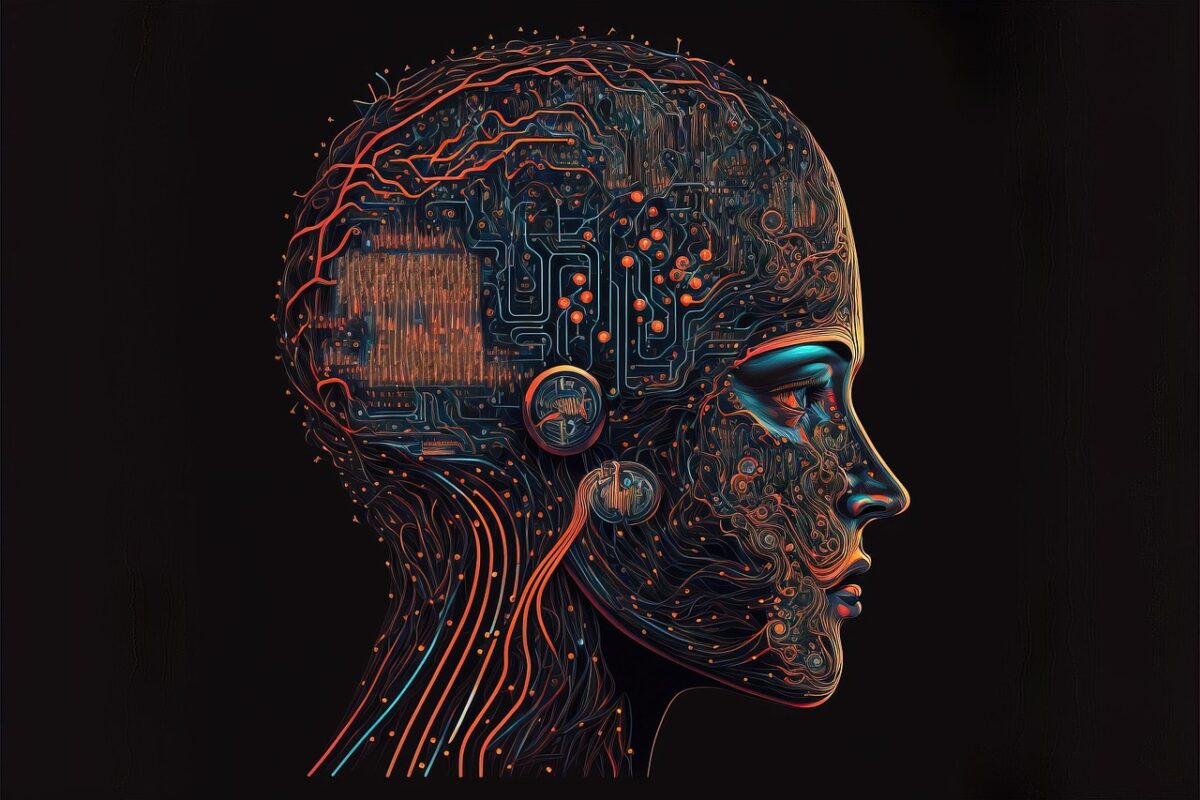
As artificial intelligence becomes embedded in everything from business operations to public services, data privacy and responsible AI governance have never been more critical. At Curinovis Digital Agency, we advocate for AI adoption that is not only innovative, but also accountable. In this article, we explore the what, how, and why of responsible AI, based on guidance from global frameworks like the NIST AI RMF, ETSI SAI, and the World Economic Forum.
✅ So What Is Responsible AI and How Does it Link to Data Privacy?
Responsible AI ensures that algorithms operate in ways that are fair, transparent, and secure. It intersects directly with data privacy, which protects individuals’ rights to control how their personal information is collected, used, and stored. Together, these disciplines form the foundation for ethical and trustworthy AI systems.
⚙️This Is How We Believe That Organizations Should Manage AI Security and Privacy
🔹 1. Secure AI Configuration
Organizations must manage the infrastructure that hosts AI systems with rigorous security controls. Whether you’re deploying LLMs, predictive analytics, or automation tools, secure your data pipelines, APIs, and model storage environments.
🔹 2. Risk-Based AI Model Deployment
We recommend organizations to use the NIST AI RMF to classify and manage risk. Consider the potential for bias, adversarial exploitation, and model drift. For high-risk use cases, integrate human-in-the-loop oversight and run continuous red-teaming simulations.
🔹 3. Privacy by Design
Apply data minimization, anonymization, and consent mechanisms. Ensure your AI models do not memorize or leak personally identifiable information (PII). Align with GDPR, CCPA, and local regulations.
🔹 4. Bias and Fairness Monitoring
ETSI SAI001 recommends auditing training datasets and model outputs for systemic bias. Use explainable AI techniques to assess decision-making, especially for models that influence hiring, lending, or access to public services.
❓ Why This Responsibility Matters For Society In General
Failure to govern AI systems can lead to reputational damage, regulatory fines, and public distrust. According to the World Economic Forum, ethical lapses in AI can destabilize entire industries and communities. Responsible AI isn’t just good ethics—it’s good business and risk management.
📄 What CDA Believes You Should Include in Your AI Vendor SLA
When contracting an AI development company, we at CDA believe that you should include the following details in your SLA with the vendor:
1. Data handling and ownership clauses
2. Model auditability and explainability rights
3. Real-time breach notification and root-cause analysis
4. Bias mitigation and retraining obligations
5. Uptime guarantees for mission-critical AI services
6. Human oversight mechanisms and fallback processes
🧩 What Curinovis Recommends
Don’t worry, because we will not leave you to your own devices, but we step-in to guide you through the challenging process to create proper governance over your AI systems.
At Curinovis Digital Agency, we help organizations to:
– Implement AI security controls in line with NIST and ETSI guidance
– Integrate responsible AI principles into product design
– Perform compliance audits for AI data privacy
– Develop SLAs with measurable AI governance metrics
✅ CDA’s Final Takeaway
As AI accelerates digital transformation, the need for transparent, secure, and ethical systems becomes urgent. Organizations must lead responsibly—by securing their data, configuring their AI models with care, and demanding accountability from AI developers.
© 2025 Curinovis Digital Agency. All rights reserved.
